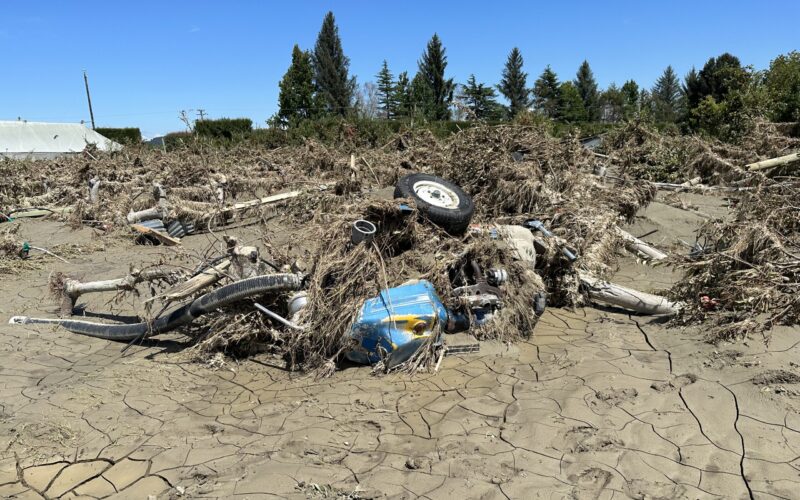A year after Cyclone Gabrielle’s devastating impact, the ripples continue with climate change and extreme weather events being the two biggest issues keeping the New Zealand primary sector up at night.
Our Land and Water questioned almost 300 primary sector experts, including farmers, policy makers, Māori and academics, to get a handle on what they see as the biggest challenges affecting NZ’s land use in the coming decade.
Asked to rank a list of issues, almost all uniformly cited climate change and extreme weather events as the two most critical, closely followed by water quality and agricultural policy issues.
Other pressing issues at an international level include greenhouse gas emissions and international trade agreements.
Asked about their concerns unprompted, the experts again put climate change over twice as high on their list as the next major unprompted concern, government policy.
Research leader Dr Tim Driver of Lincoln University said the work captures the zeitgeist of the primary sector at present very well.
He noted the work has captured significant world and domestic issues even without prompting, revealing how they play upon the minds of those in the primary sector.
The researchers concluded Gabrielle’s devastating impact bought climate change and extreme weather into sharper focus for the sector.
Driver said the study reflects both Gabrielle’s immediacy, and an emerging awareness of the need to plan and adapt to climate change, along with the extreme weather events that accompany it.
The ranking of water quality was also notable, and similar to last year’s study results.
“Producers have got this dual pressure of maintaining production versus reducing the environmental impacts, particularly in more intensive sectors such as dairy.”
He cited the conflict between having an ongoing need for water resources to continue production on one hand, while on the other there was greater concern about agricultural runoff entering local water sources and impacts on biodiversity and ecosystem services.
Artificial Intelligence, or AI – named the most notable new word of 2023 by dictionary publishers Collins – was also captured among respondents’ feedback in the survey this year.
It also provided some solutions to the dire concerns raised by climate change and extreme weather.
The report saw AI as an emerging game changer in helping farmers adapt their farming practices, with it being used in the United Kingdom to identify the right seeds to grow in specific weather conditions.
“It can potentially provide farmers and land managers with information they would not normally have access to. The knowledge and expertise of NZ producers is immense but AI could be a useful too to complement that.”
His hope is that with improved 5G connectivity, its use will become far wider in the rural sector.






